Since the appearance of the first social networks in one form or another, the possibility of monetizing these services has not been in doubt. The only doubts were how to do it. In this case, many people rightfully see the simplest solution to advertise their products among social network users. Many companies with a classic type of business, initially distrustful of such a phenomenon as social networks, eventually realized the full benefit of the opportunity to promote their product in such a new way. Moreover, the concept of 'social networks' from the usual meaning of this word (Facebook, VKontakte, 'Odnoklassniki', etc., etc.) gradually evolved into something more and began to include not only services a la 'facebook', but also messengers, as well as infotainment portals that are not directly social networks in the classical sense.
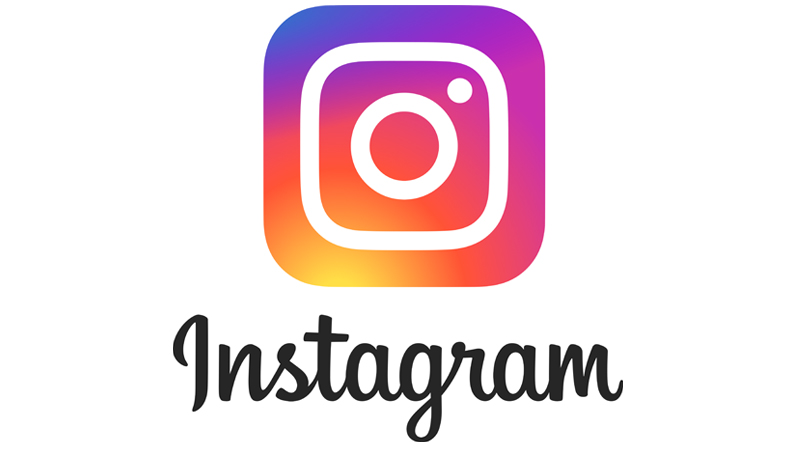
People and companies that have a finished product, who had time to ride this wave of changes and 'joined the stream', were able to derive significant profits for themselves in the form of new sales markets formed in the virtual space of yesterday's entertainment resources. On the one hand, this is not surprising if you recall the story of the same Facebook, which from a small service 'for insiders' turned into a multi-billion dollar company. On the other hand, Facebook at the stage of its formation did not have a material product that could be touched by hands. All they had was an idea and information that, as you know, rules the world.
Over time, many social networks and resources turn into an advertising platform for everything and everyone, from designer cakes to personal airplanes. Of all this jumble of Goods You Don't Need, what stands out the most is the special and most valuable commodity – the idea. An idea is the most expensive and desired commodity, because it is from it that something big and worthwhile can grow, which can not only bring material well-being to its author, but, no matter how pathetic it sounds, make the world a better place.
The question arises – what does Telegram have to do with the title of the article? It's simple: at the moment, Telegram is one of the most actively developing platforms, which has already de facto long outgrown the concept of 'messenger' and clearly shows us the approximate vector of development and transformation of social networks from entertainment and information services into a universal combine that combines a huge number of possibilities and tools. In fact, Telegram is not a pioneer in this matter, since there is already a similar, even more functional example of such a universal system in the world. These are the Chinese services Weibo and WeChat, operating in China and being the center of their digital life for the Chinese.
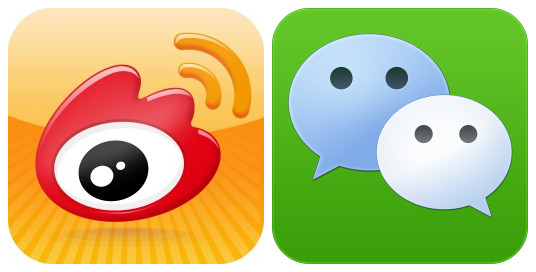
Telegram, unlike Weibo and WeChat, is not controlled by any state (I want to believe), promises to preserve the anonymity of data transmitted through its servers, and combines the similar functionality of these two platforms.
At the moment, the messenger is experiencing a kind of 'own channel' trend – an explosive growth in the number of thematic channels, on the pages of which their creators offer to get acquainted with a wide variety of topics. Among them, the leading positions are occupied by news and entertainment selections collected from other sources, including traditional social networks and news portals. Let's hope that one day the principle that quantity grows into quality will also work here. In fact, already now in Telegram you can find high-quality channels that offer not banal 'copy-paste', but quite useful thematic content.
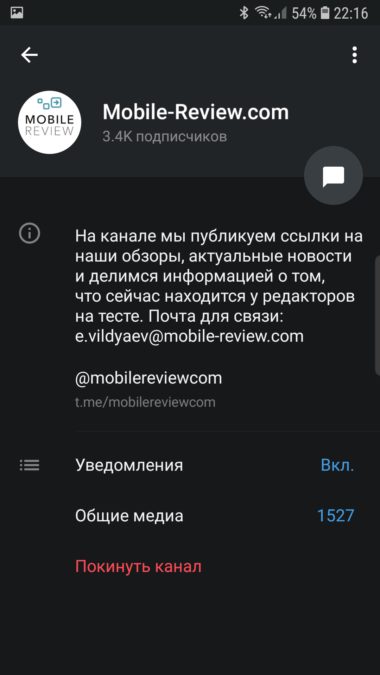
In addition to copyright and thematic channels, the messenger supports the creation of bots with wide functionality. With these bots, you can search and download content ranging from documents to movies and music, take surveys, manage channel subscriptions, and more. Moreover, the functionality of bots and their capabilities are growing and developing along with the messenger.
The flip side of the coin is the absence of any censorship of these very channels and, as such, control by the administration of the messenger. Therefore, among useful and informative channels, it is easy to stumble upon scammers offering instant ways of getting rich and other benefits.
But this is an inevitable evil of the Internet, which you just need to put up with and learn to bypass it.
We can only guess what messengers and social networks will turn into sooner or later if the course towards integration and development of functionality continues, similar to what Telegram is now experiencing.
You can dream of a universal universal super service that will unite everything and become a new Internet, inside which a person will receive absolutely all the information he needs, or you can make a forecast based on emerging trends right now. With a high degree of probability, the process of accumulating functionality will continue, and Big Data will play an important role in this.
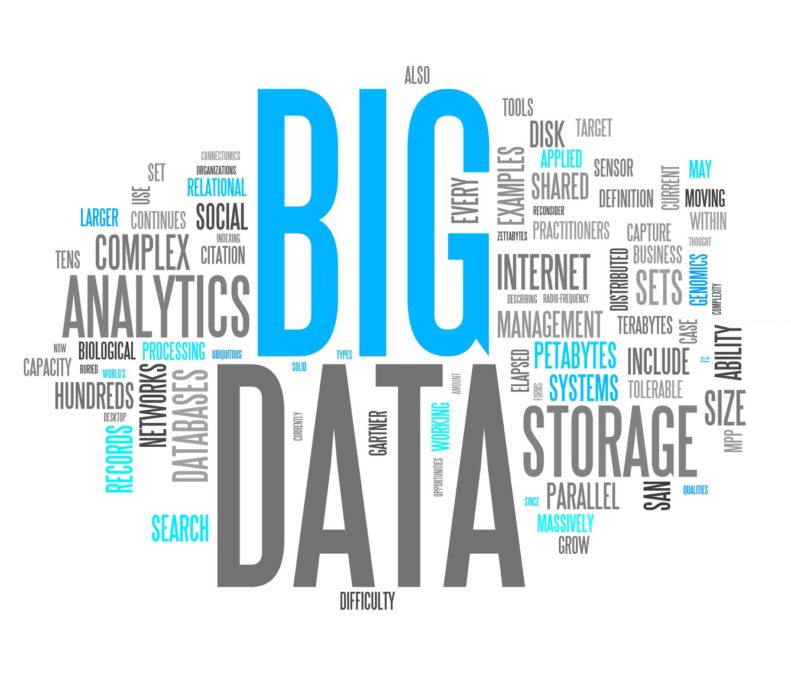
Image via rhipe.com
Perhaps the one who manages to negotiate with the creators of different services and who offers a single, universal shell for the most popular resources that are currently used by most of the world's population will be able to make a revolution and play a key role in the formation of this super service. And here development can have several paths:
- Such a service will come under the control of the state and will be regulated by state bodies, which means that it will receive the status of an official one with all the advantages and disadvantages that follow from this.
- Strengthening the influence of corporations that own the most advanced services that will be used by most of the world's population, thanks to which corporations will gain power de facto, and then de jure.
- And there is a third option – the merger of the state and corporations for the purpose of control and profit.
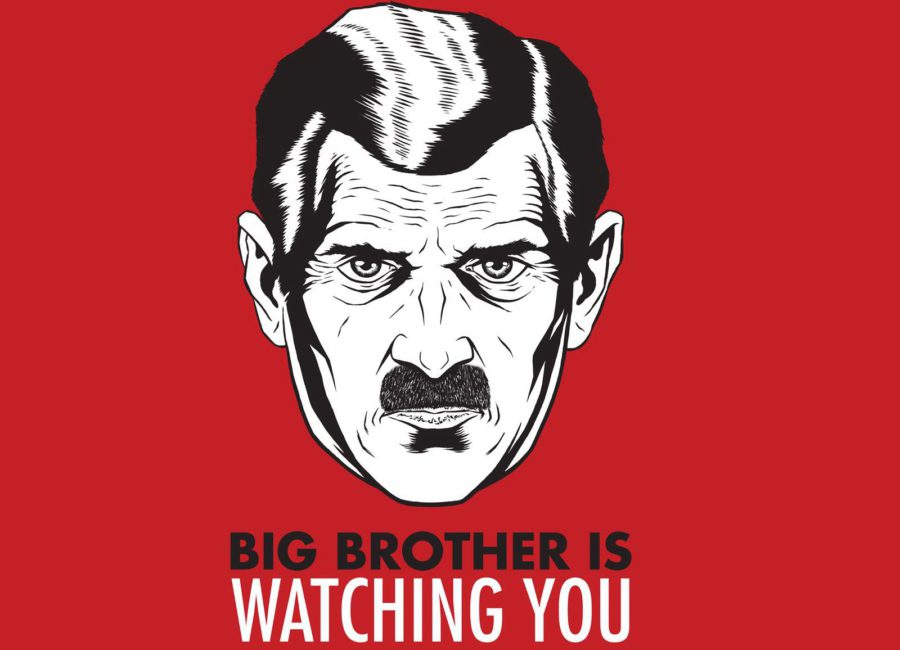
Image via allowwonder.com
But this sounds more like the conspiracy theory and paranoia so characteristic of science fiction writers. On the other hand, statistics is a stubborn thing and it tells us that many phenomena and technologies that are now taken for granted, first appeared on the pages of science fiction novels as a fantasy of their creators.
Today, it is Telegram that has the most chances, and apparently the desire, to become that very global service, combining a lot of opportunities and tools that an ordinary person uses in everyday life.
The only area where such services are unlikely to be allowed in the near future is government services, such as issuing passports, etc. Although even here one cannot be 100% sure, since the mentioned Telegram Passport service already exists today, which is receiving the approval of an increasing number of organizations-potential users of such systems. And if today it is just a service for storing existing user documents, then what prevents you from creating your own. digital document (signature) based, for example, on blockchain technology? After all, given the vector of development of these same digital technologies, one day it may happen that an electronic passport will become more important than traditional passports, as it will guarantee much wider opportunities for its users.
Time will show how it will actually be, but even now we can state the fact that the social networks we are used to are changing, absorbing more and more functionality that was not previously characteristic of them, and become the center of human life, both virtual and real, and this very a person begins to think in other categories, considering virtual space to be an integral part of his life, inseparable from physical reality.
What channels on Telegram are you subscribed to?
